
Quang Ninh 's total state budget revenue for the first 9 months of 2025 reached VND 51,539 billion, equal to 93% of the central government's estimate, equal to 90% of the provincial People's Council's estimate, up 21% compared to the 9-month revenue plan, up 27% over the same period. Most notably, domestic revenue for the first 9 months was higher than in recent years, with revenue reaching VND 38,753 billion, equal to 103% of the central government's estimate, equal to 98% of the provincial budget, up 32% over the plan, up 46% over the same period.
Compared to previous years, this year, the land use fee revenue for the first 9 months reached 11,398 billion VND, equal to 207% of the estimate assigned by the Central and the province, of which: Revenue from the Green Ha Long project was 7,400 billion VND; revenue from the Ocean Park project was 685 billion VND; revenue from other small and scattered projects, revenue from residential land, interspersed land, and land use purpose conversion was 3,213 billion VND...
Tax and fee revenue was also stable, with revenue reaching VND27,326 billion, equal to 85% of the central budget and 80% of the provincial budget. Notably, 13/16 revenue items achieved the average collection progress of 9 months, including large revenue items such as: Revenue from the state-owned enterprise sector managed by the central government; revenue from foreign-invested enterprises; revenue from the non-state economic sector; personal income tax; fees and charges; land, water, and sea surface rental fees; revenue from granting mineral exploitation rights, airspace, and sea areas.

In addition to domestic revenues that met and exceeded the plan, the provincial financial sector witnessed a decrease in revenues from import-export activities, reaching only VND 12,767 billion, equal to 72% of the central and provincial estimates, down 4% compared to the plan, down 8% compared to the same period in 2024. However, according to the assessment of professional agencies, this decrease is completely normal and has been identified by the sectors due to the policy of reducing import-export tax and VAT on a number of items, including gasoline and coal from 10% to 8%; export tax on clinker and cement reduced from 10% to 5% and the US tax policy has an impact on the production and business activities of FDI enterprises.
With the target of collecting over 57,300 billion VND in the budget for the whole year of 2025, in the remaining period of the year, relevant departments, branches and localities in the province will have to continue to strengthen revenue management, review, analyze and evaluate the progress of each revenue item and each tax, ensuring correct, full and timely collection, preventing revenue loss, fraud and tax evasion.
Mr. Pham Hong Bien, Director of the Department of Finance, said: The last months of the year will focus on 5 taxes that are included in GRDP, which are VAT, special consumption tax, environmental protection tax, resource tax, and import-export tax. At the same time, the province will accompany and remove difficulties for large enterprises and business households, especially enterprises in the coal, electricity, cement, petroleum, processing, manufacturing of mechanical products, automobile manufacturing and assembly, etc. to promote production and business, creating revenue for the state budget.

It is known that the province is currently focusing on directing the acceleration of investment in electricity projects, supermarkets, commercial centers, seaports, service infrastructure, urban areas, etc. to soon put into operation and increase new production capacity with stable budget revenue. In particular, it will increase support and strive to start construction on 35 key non-budgetary driving forces, with a total investment capital of VND 187,348 billion. In addition, functional departments and branches also take full advantage of revenue sources, especially tax arrears, revenue from individual and household businesses, and e-commerce. Improve the effectiveness of tax management, strengthen inspection, supervision, management, and use of electronic invoices, especially electronic invoices generated from cash registers, and strictly handle violations.
At the same time, the province will also continuously update information on trade policies of major countries, goods subject to new taxes or tax rate changes. Specifically assess the impacts that may affect import-export activities in the management area, especially key goods and large enterprises, and prepare scenarios and solutions corresponding to each possible change.
Source: https://baoquangninh.vn/quyet-tam-vuot-chi-tieu-thu-ngan-sach-nha-nuoc-3381695.html



![[Photo] Draft documents of the 14th Party Congress reach people at the Commune Cultural Post Offices](https://vphoto.vietnam.vn/thumb/1200x675/vietnam/resource/IMAGE/2025/10/28/1761642182616_du-thao-tai-tinh-hung-yen-4070-5235-jpg.webp)

![[Photo] President Luong Cuong attends the 80th Anniversary of the Traditional Day of the Armed Forces of Military Region 3](https://vphoto.vietnam.vn/thumb/1200x675/vietnam/resource/IMAGE/2025/10/28/1761635584312_ndo_br_1-jpg.webp)


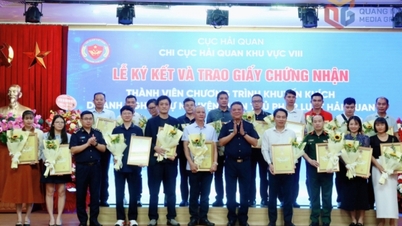

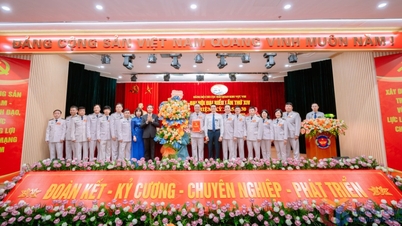



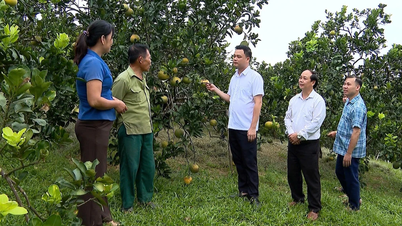

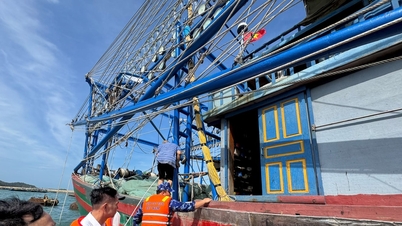



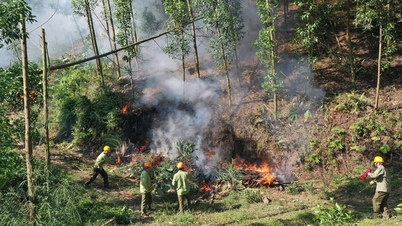










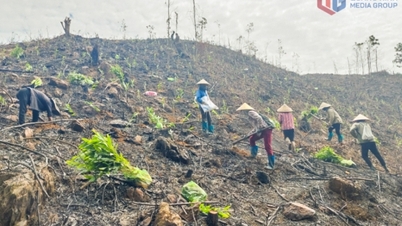


![[Photo] The 5th Patriotic Emulation Congress of the Central Inspection Commission](https://vphoto.vietnam.vn/thumb/1200x675/vietnam/resource/IMAGE/2025/10/27/1761566862838_ndo_br_1-1858-jpg.webp)










































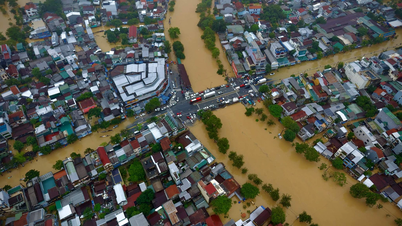






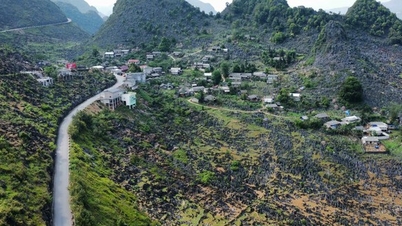




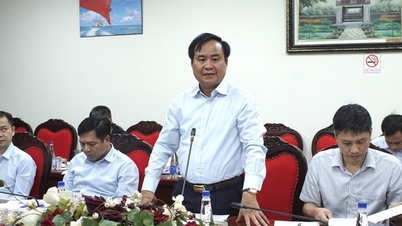





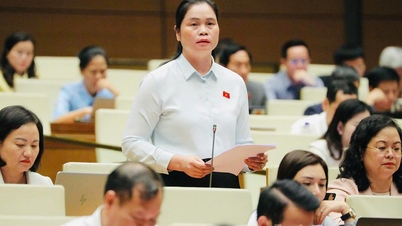

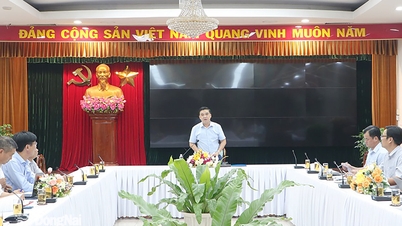













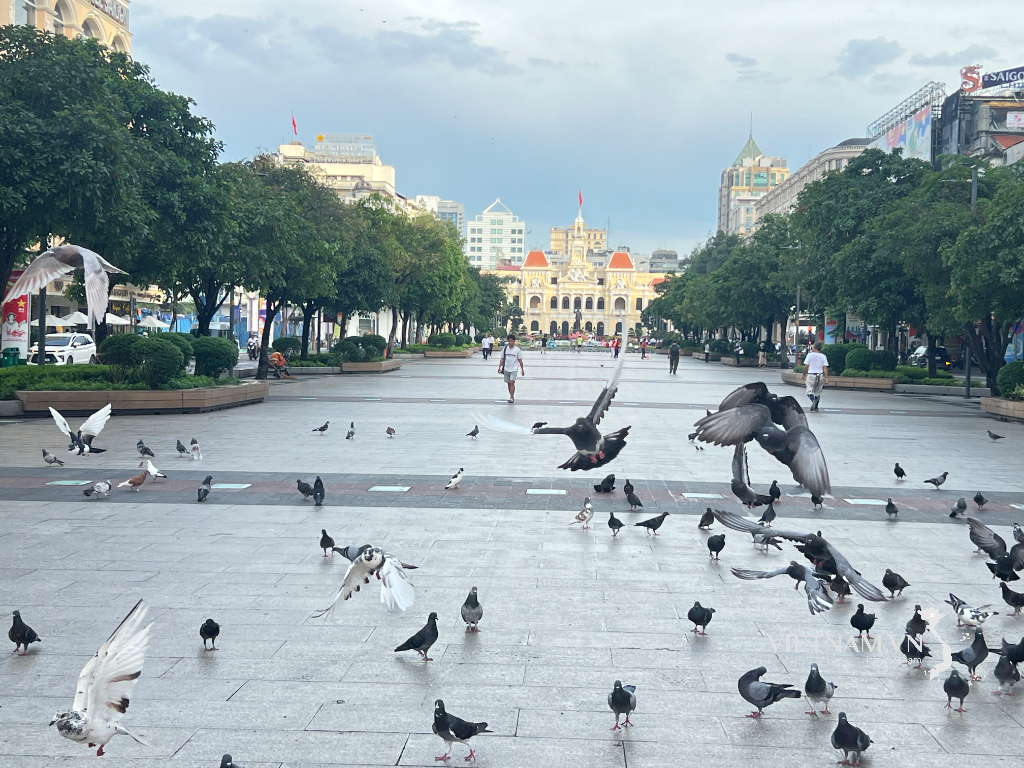



Comment (0)